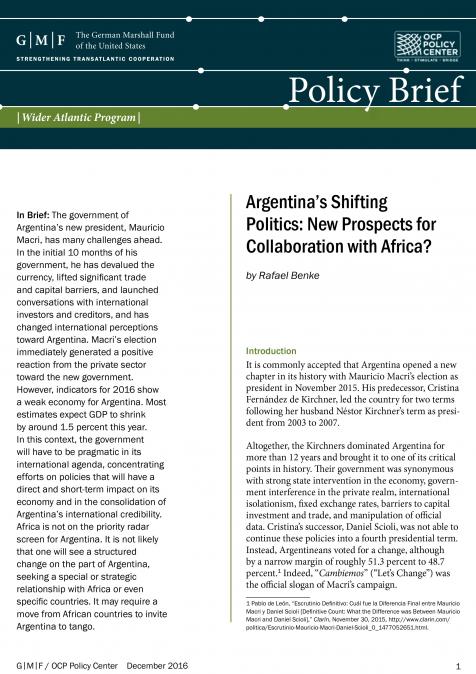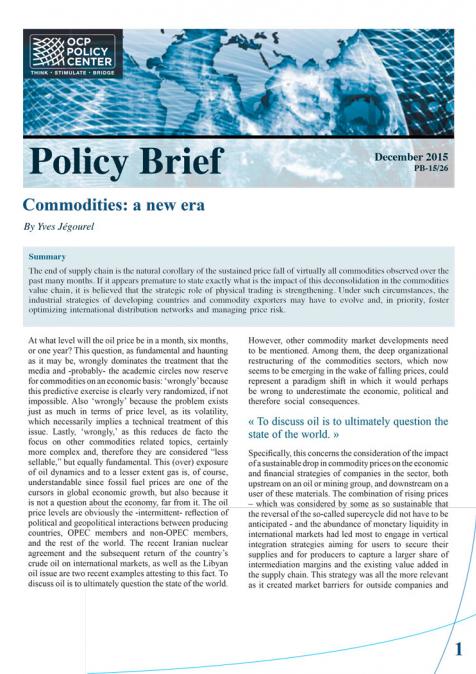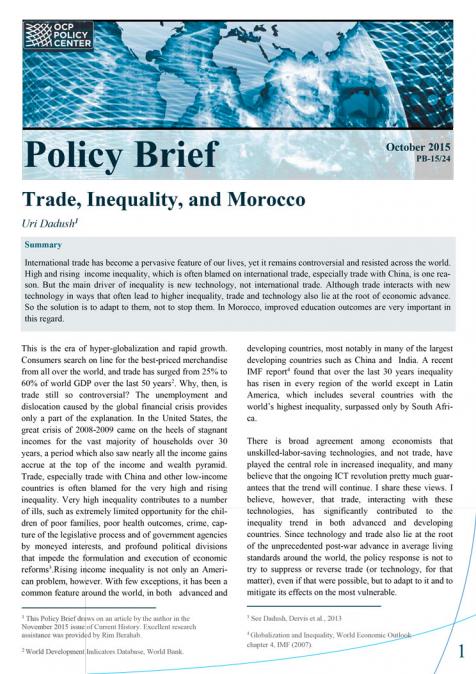Publications /
Policy Brief
On the eve of Britain’s exit from the European Union, the country is redefining its international approach. The United Kingdom has already taken action by becoming involved in new economic commitments, new trade agreements in Commonwealth countries but also from a diplomatic point of view in West Africa. While development aid remains a focal point of its intervention in Africa, it risks being undermined by the Brexit and its economic consequences. However, the United Kingdom is now gaining more freedom in its projects.
Britain’s relationship with Europe stands contested and at the point of writing, the final shape and form of Brexit has not been decided. Not only the UK’s future relationship with the EU stands in question, but also the UK’s position on the international stage is being scrutinised and ultimately remodelled by policymakers. As Foreign Secretary Jeremy Hunt put it: “We need to begin with a realistic assessment of our global position.”
The UK’s character reinvention of its foreign policy includes a rethink of its position towards African countries, where the government has taken a refreshed look at its relationship with the continent, developing a long term strategic approach that is based on partnership for mutual benefit. This is part of a longer effort to modify the relationship and not an ad hoc reaction to the EU exit, however, Brexit undeniably provided added impetus.








